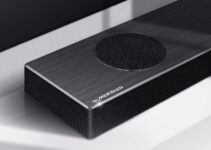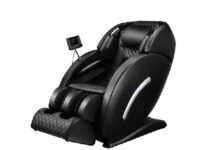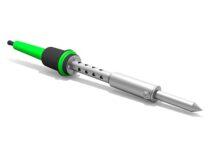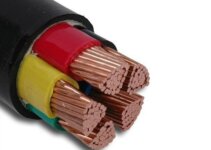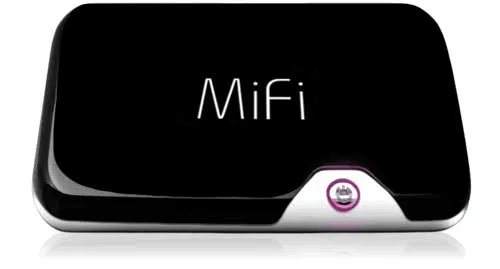Electricity has become integral to our lives because we use it to run almost all our home and office appliances and equipment. Most businesses would find it difficult to run without electricity. Similarly, we wouldn’t have entertainment, heat, or cold in our homes without electricity. You probably wouldn’t be able to read this post without electricity. These are a few scenarios to show how important electricity is to us.
As important as electricity is, cables seem to be more important. Why? It is simple, we wouldn’t be able to transmit electricity without cables. Electricity travels through a medium known as cables and there are different types of cables for different purposes. This post focuses on 2.5 mm 3-core cables, their prices in Nigeria, what they are, and their different uses.
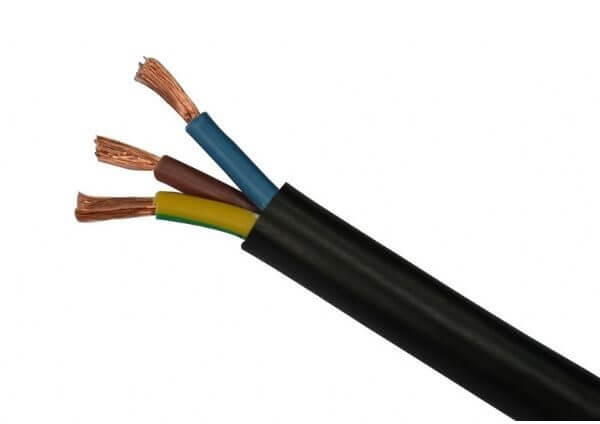
2.5 mm 3-core Cable Prices in Nigeria
When you want to run an electrical contact, you need to figure out the kind of cables that you need along with the other materials. After doing this, the next line of action is to find out the prices of all the materials. Knowing the prices of 2.5 mm 3-core cables is very important as it helps you to plan your project. You can figure out the total cost of the contract and which product best suits your budget.
We understand that finding out the cost of cables can be quite difficult considering the number of products available. The good news is that we have surveyed the market on your behalf. The list below shows the 2.5 mm 3-core cables available on the Nigerian market currently and their latest prices.
- 10.0mm Single Core Coleman Wire: From N95,000
- Coleman Flex Cable 2.5mm x 3core (per roll): From N125,000
- CometStar 2.5mm 3Core Flex Per Meter: From N886
- 2.5mm x 3 Core Pure Copper Flat Wire Cable: From N52,850
- Flat Cable 1.5mm x 3core – Kablemetal: From N59,800
- Doncaster 2.5mm Four Core Flexible Copper Wire: From N58,000
PRICES LAST UPDATED: JULY 15, 2023.
Note that these prices are not stable, so you may experience slight variations when next you visit the market. We will continue to look out for the latest prices and update this post accordingly when we notice any. Meanwhile, you can purchase these cables or any other category of electrical cables from electrical stores in your vicinity. If you don’t feel up to stepping out of your home or office, online vendors have made it easy. You can place an order on Jumia, Konga, Jiji, Olist, or any of the other online marketplaces and they will deliver your cables to your location.
What is a 3-core Cable?
If you are not too familiar with electrical cables or jargon, you will probably be wondering what a 3-core cable is. Let’s quickly discuss the answer to this question in this section. This knowledge is very important as you need to know the kind of cable you will be using for your electrical project before embarking on one.
A 3-core cable is one of the most common for electrical connections. This type of cable has a combination of three conductors that carry out three distinct functions in the transport of electrical current. Usually, the three cables carry out these functions:
- Cable A transports live power.
- Cable B is neutral.
- Cable C is the earth cable for grounding the connection.
Generally, core when talking about cables speaks of the number of conductors wrapped in the sheath. As such, a 2-core cable has just two conductors (one for live power and the other for earth). On the other hand, 4-core cables have four conductors.
Making the wrong choice when buying cables has detrimental effects on your project. You should first understand the type of cables available and which one is suitable for your project before you set out.
Uses of 3-core Electrical Cables
We use 3-core cables to connect different types of electrical equipment, devices, and appliances to mains power. They are more commonly used for two-way lighting in residential buildings, wiring of central heating systems, and several other devices.
The electrician determines if you need a 3-core and earth cable and whether it will be used for live or neutral purposes. This decision is usually based on their design and calculations.
Most electricians prefer to use 3-core cables as electrical wires since it has three different copper conductors within the protective jacket.
Factors to Consider When Choosing Electrical Cables
As mentioned over and over in this post, knowledge of the type of cable to use before embarking on a project is essential. There are several factors to consider before purchasing electrical cables. We will discuss some of them in this section.
Installation method
For most experts, this is the first factor you must consider when choosing electrical cables. You need to find where you will be installing the cable, how it will be installed, and who will handle the installation.
The installation method of a cable determines whether or not the cable will be overloaded. When the cables will be enclosed, you will have to work with cables of larger sizes. This is necessary as it ensures that the cable can allow efficient heat dissipation and withstand the necessary current flow.
Cable material
Another very important factor that you must consider when choosing cables is the cable material. The insulation material of a cable (this is the extruded layer that appears after the conductor) determines to a large extent the size of a cable as well as its maximum operating temperature.
You will have to decide between single and multi-core cables depending on the requirement of the installation. This factor also determines the current carrying capacity of the cable. Single-core cables are better at dissipating heat than multi-core cables. Because of this, they possess a higher current transmitting capacity.
Cable length
The final factor we will discuss in this post is the cable length. Cable length and size determine voltage drop in a circuit. The longer the length of the cable, the greater the voltage loss you will experience.
